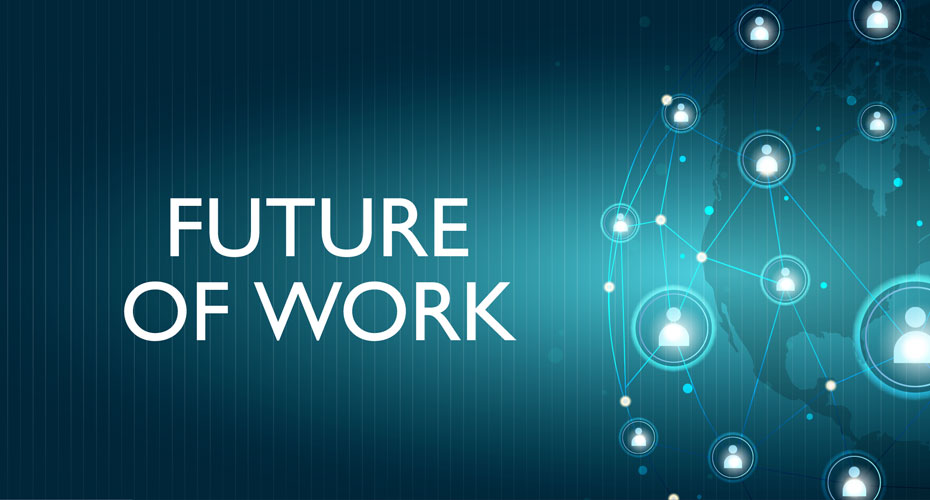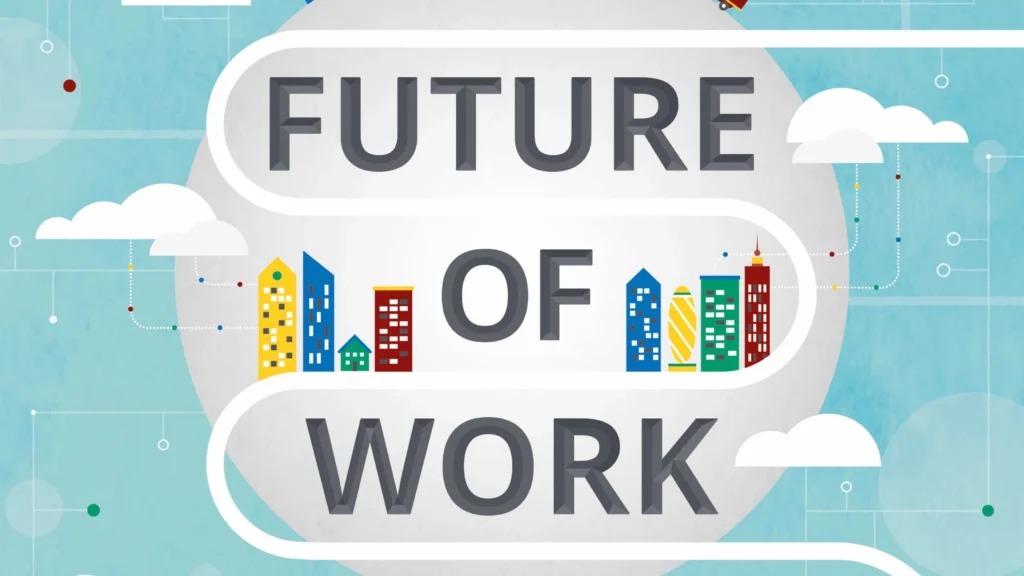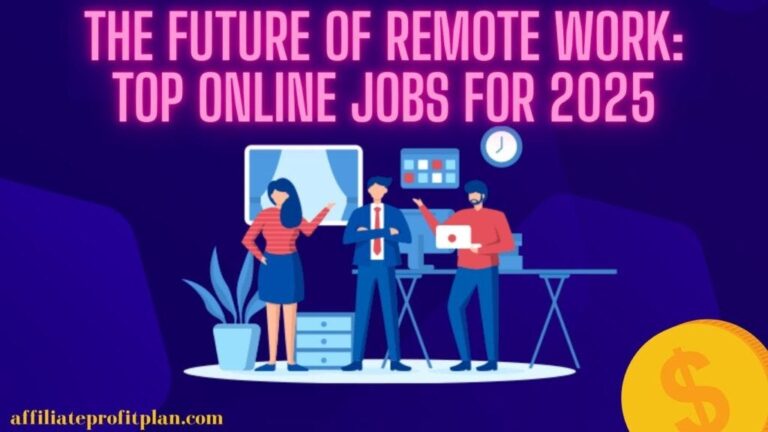The Future of Online Work

- online work is no longer a fallback to the office—it’s the operating system of the global economy. AI copilots, autonomous agents, and no-code/low-code workflows are dissolving the boundary between “knowledge worker” and “creator,” letting individuals assemble micro‑workflows that plan, draft, analyze, and ship deliverables in minutes.
- Teams don’t just collaborate in documents; they collaborate with models embedded inside those documents—summarizing threads, generating scenarios, and monitoring KPIs in real time.
Introduction
The way we work is undergoing a monumental shift, driven by technology, artificial intelligence (AI), and global connectivity. By 2025 and beyond, online work will no longer be an alternative to traditional offices but the default mode of employment for millions worldwide. AI-powered tools are enhancing productivity, enabling people to work smarter, faster, and more efficiently from anywhere.
The labor market fragments into skill atoms: narrowly defined capabilities verified through portable, cryptographically signed credentials. Marketplaces route these atoms to on-demand projects, while AI handles scoping, pricing, and first-pass QA.

Technology will continue to shape online work. Artificial intelligence (AI), automation, and cloud-based platforms will make remote work more efficient and seamless. Virtual collaboration tools such as video conferencing, project management software, and virtual reality (VR) workspaces will redefine how teams communicate and work together across different time zones.

Technological Advancement

Rise of Freelancing and Gig Economy
- Freelancing and gig work are becoming dominant trends in the online job market. Platforms like Upwork, Fiverr, and Freelancer are creating opportunities for individuals to work independently on short-term projects. This shift allows professionals to have multiple income streams and greater flexibility in choosing their work.

Leave a Reply